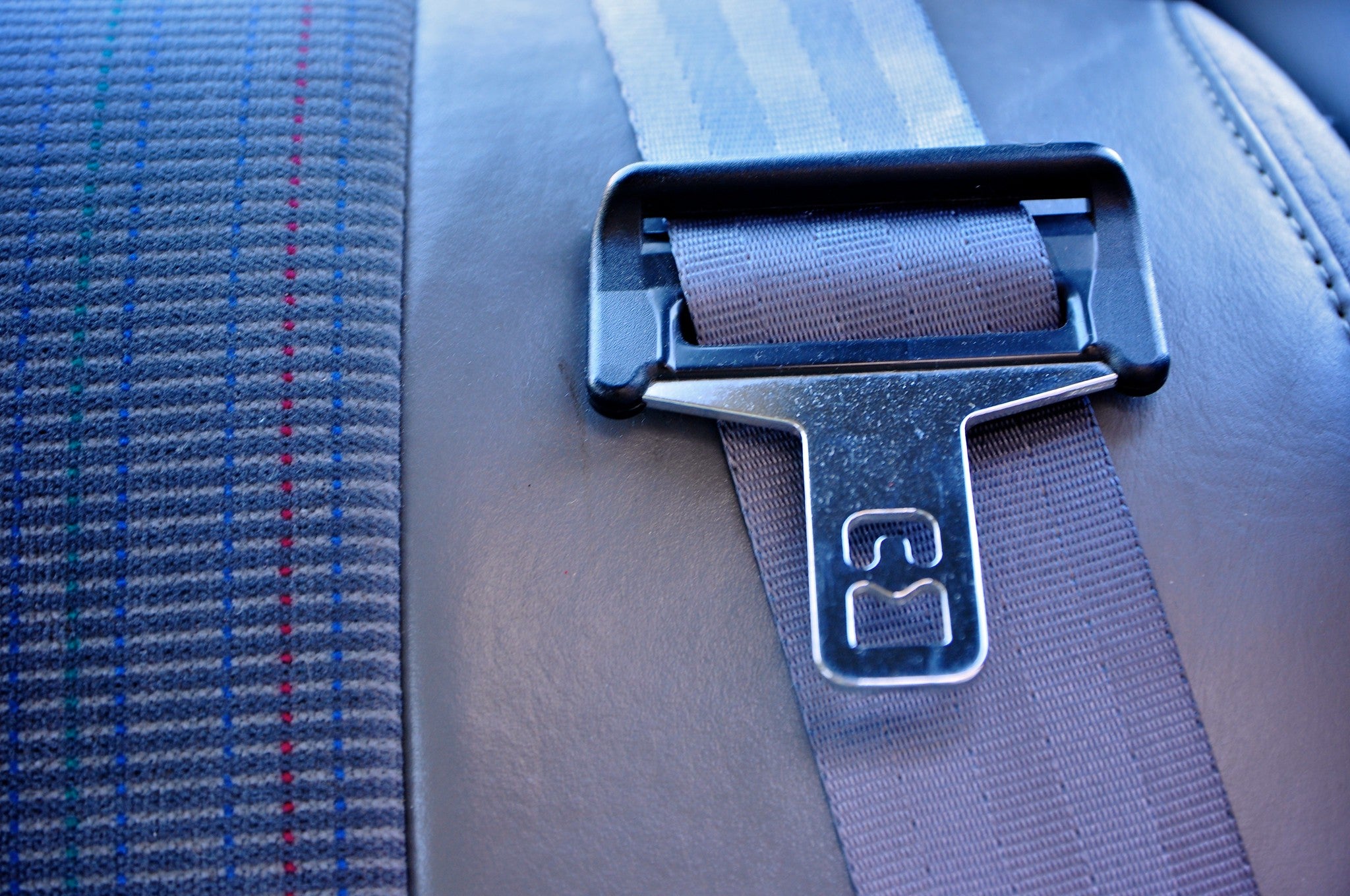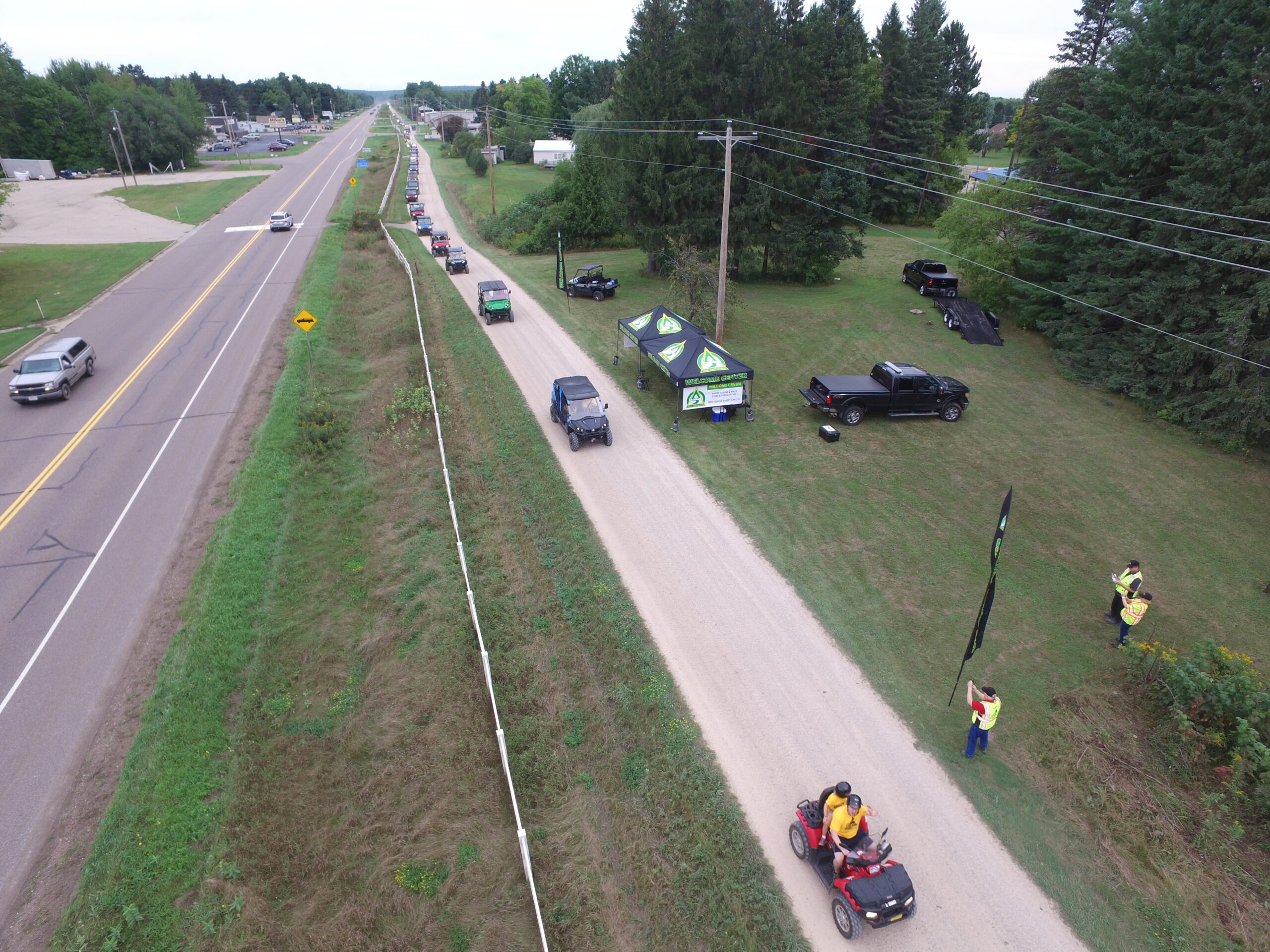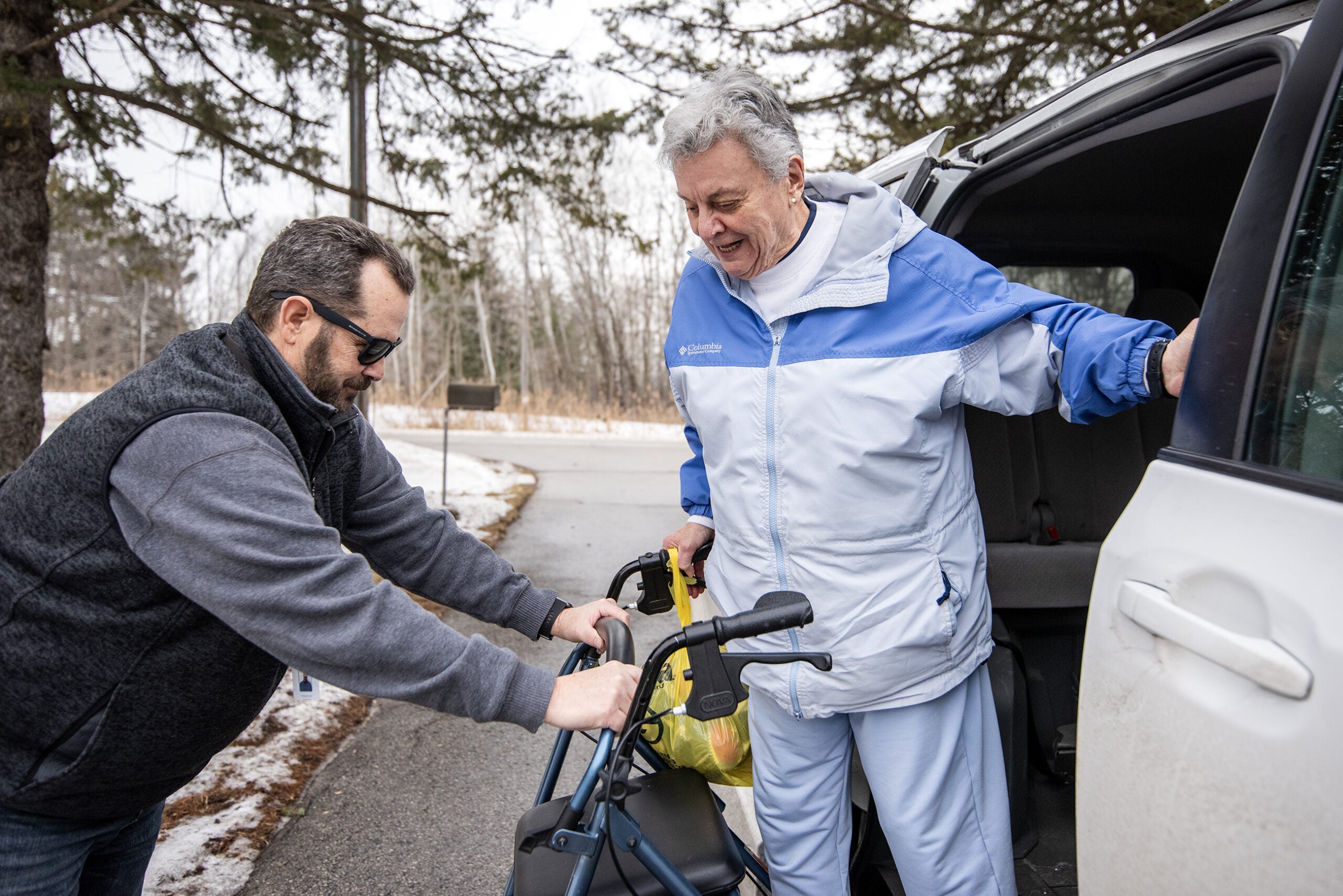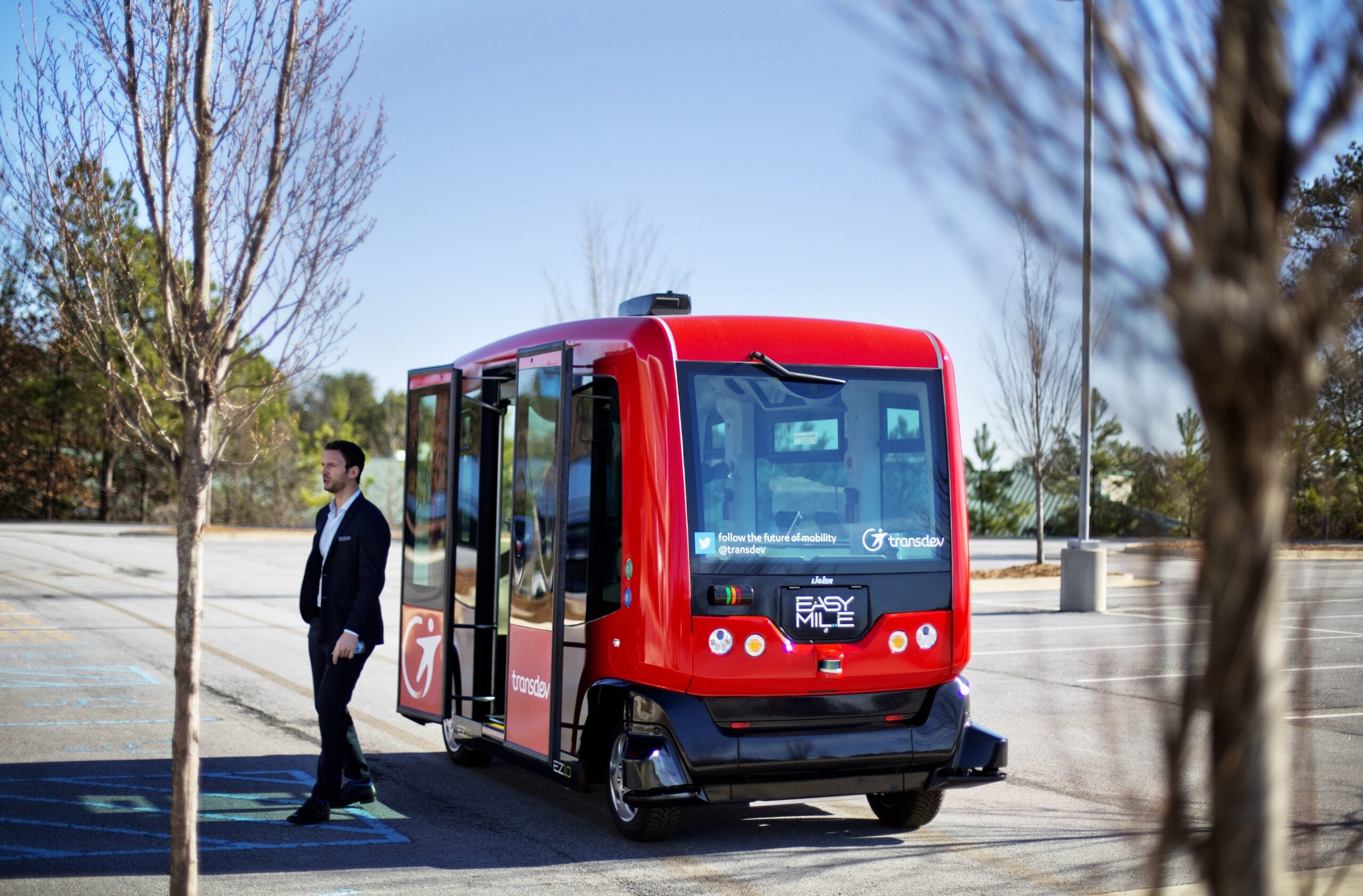Wisconsin has record high seat belt use. But the state’s 90 percent estimate doesn’t include passengers, who are also required by state law to buckle up. And a new report from the Governors Highway Safety Association (GHSA) indicates that across the country, only 57 percent of passengers who travel in taxis or ride-sharing services always use a seat belt.
In Wisconsin, there’s an exemption in state law for passengers in taxis. But it doesn’t apply to ride-sharing services like Lyft and Uber.
There’s no one answer why passengers don’t buckle up said Jim Hedlund, who prepared the report for the GHSA.
News with a little more humanity
WPR’s “Wisconsin Today” newsletter keeps you connected to the state you love without feeling overwhelmed. No paywall. No agenda. No corporate filter.
“The things that people say when you ask them why they don’t buckle in the back seat are ‘I forgot.’ Or ‘There’s no law.’ Or ‘It’s uncomfortable.’ These are not really reasons. They are excuses,” Hedlund.
Federal transportation studies indicate rear seat belt use is 10-15 percent lower than those in the front seat.
“It’s a problem,” said David Pabst, director of transportation safety at the Wisconsin Department of Transportation. “People need to realize that if they’re in the rear seat and they’re unbuckled and there is a crash, you’re going to fly forward and potentially injure or even kill the people in front of you who are properly restrained.”
The GHSA recommends that ride-sharing services actively promote seat belt use and that vehicle manufacturers install rear seat belt reminders that beep or chime until the seat belt is secure. It also wants the National Highway Traffic Safety Administration to finalize federal rulemaking to require such reminders.
The group says 803 unrestrained rear seat passengers age 8 and up lost their lives in vehicle accidents in 2018.
Wisconsin Public Radio, © Copyright 2026, Board of Regents of the University of Wisconsin System and Wisconsin Educational Communications Board.





